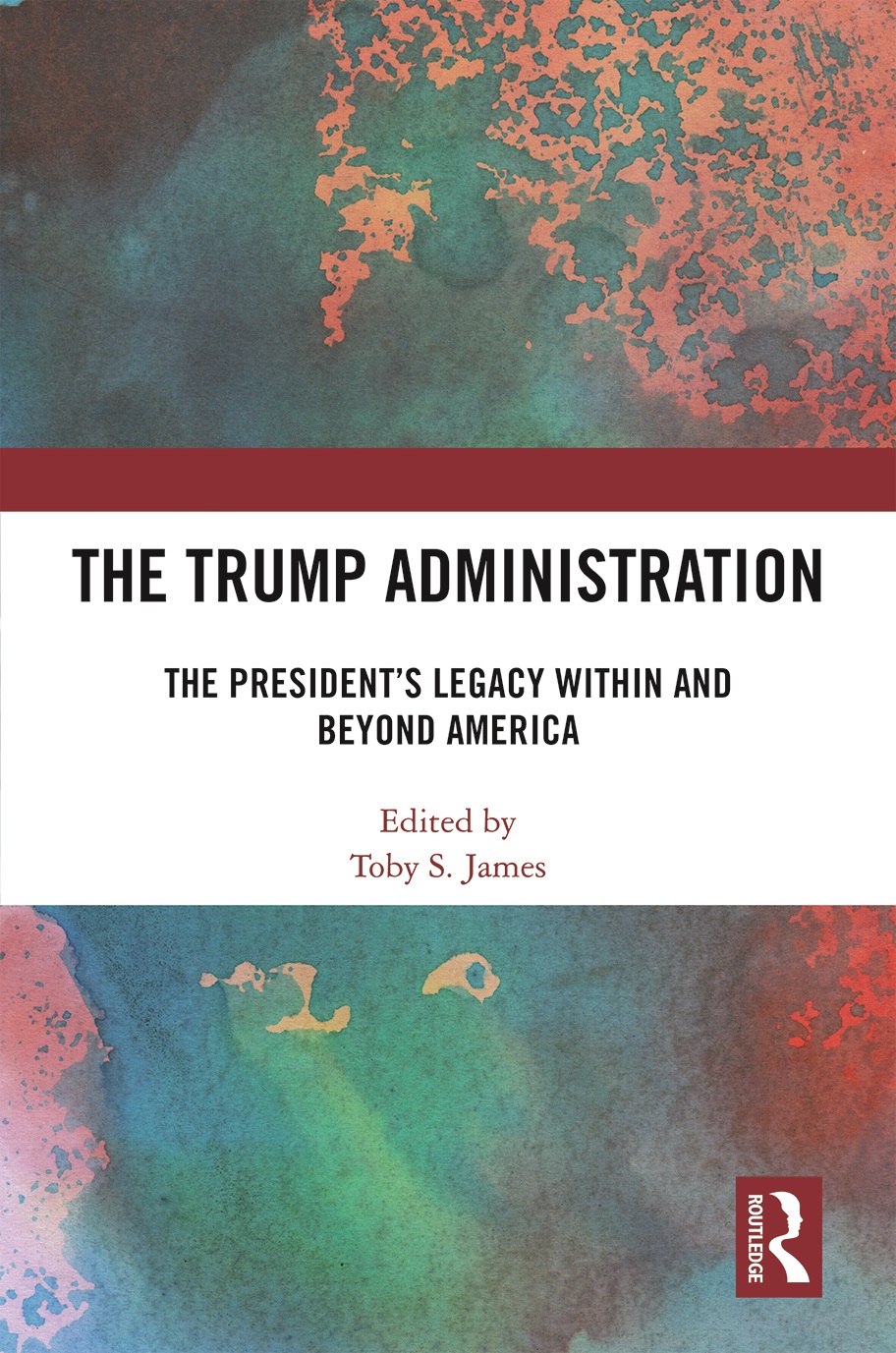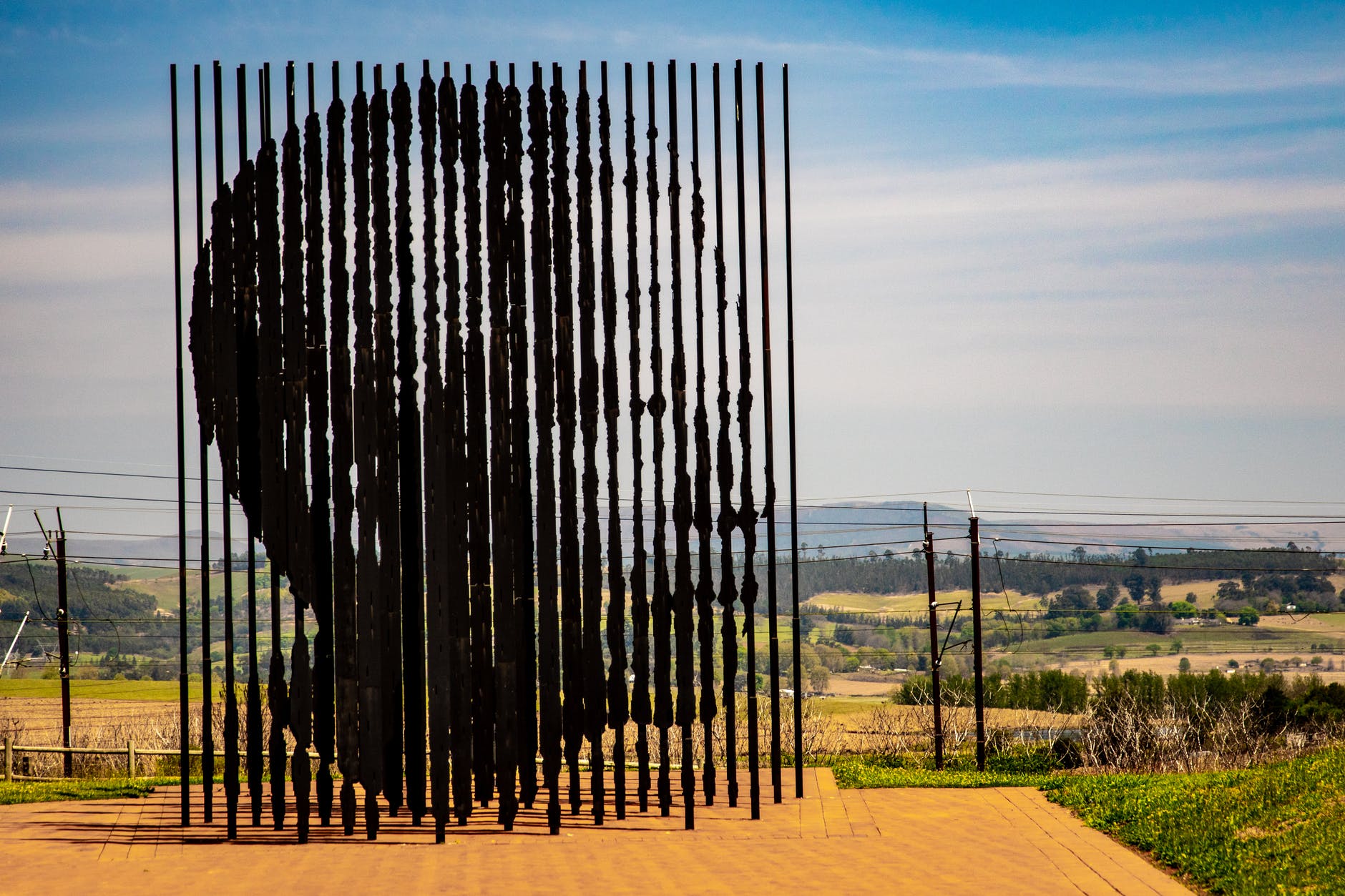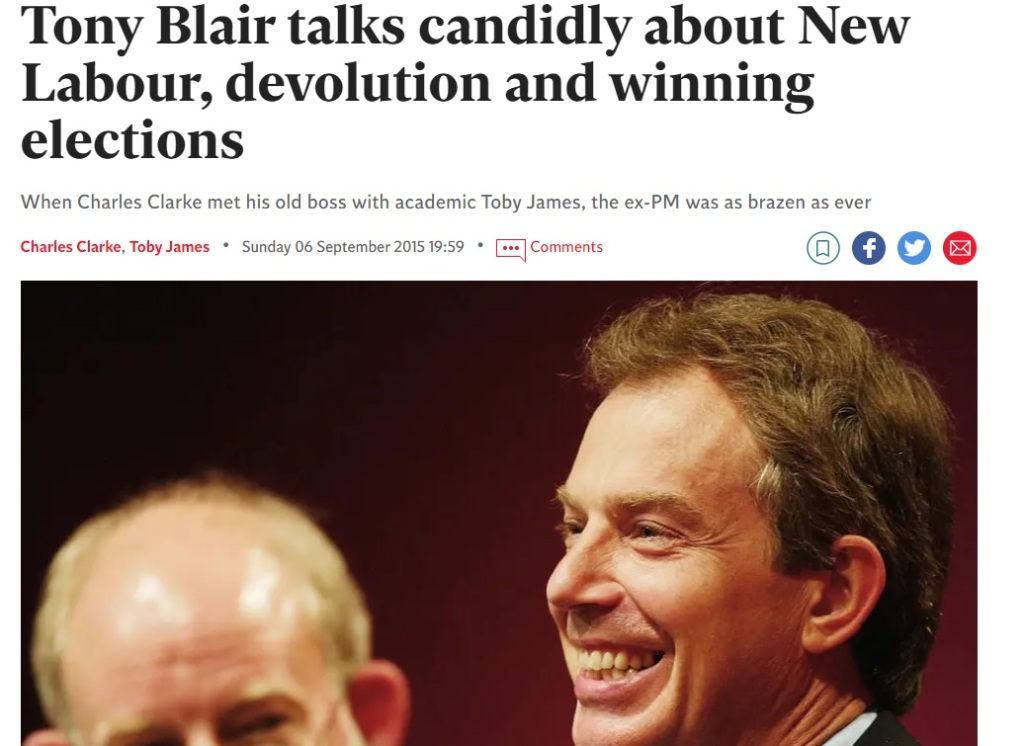How can we understand and assess national political leaders? Are they motivated by greed for office or altruistic aims? How do we know a successful leader from an unsuccessful one?
What is political leadership?
A distinction can be made between two separate dimensions of leadership. One is leadership by political cunning – whereby leadership involves winning and maintaining power. The second is leadership by political conscience – whereby leadership involves doing what is morally good. The complete leader does both.https://theconversation.com/game-of-thrones-what-machiavelli-might-have-made-of-the-politics-in-westeros-117696
Achieving both, however, can be very difficult and has eluded many leaders throughout time. Even leaders from Game of Thrones struggle.
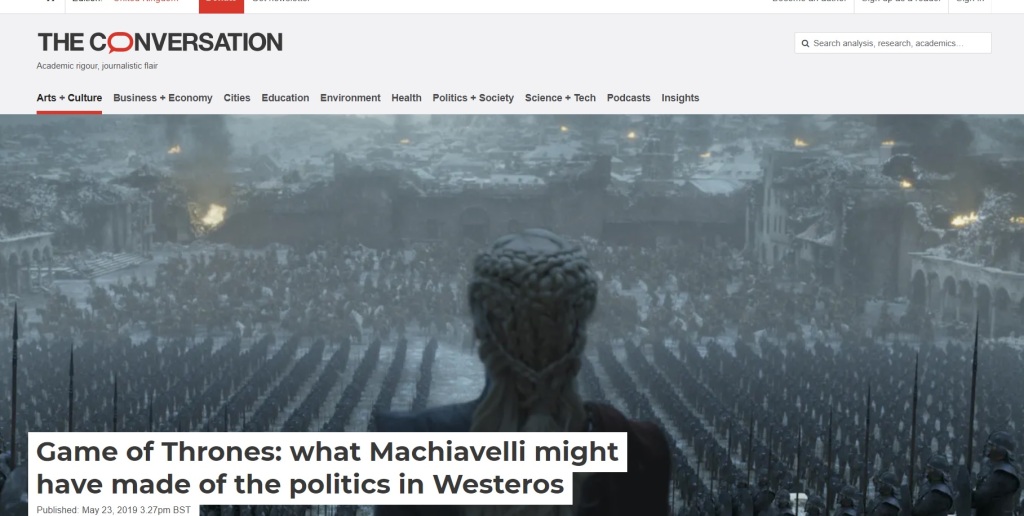
Political leadership theory
and Game of Thrones
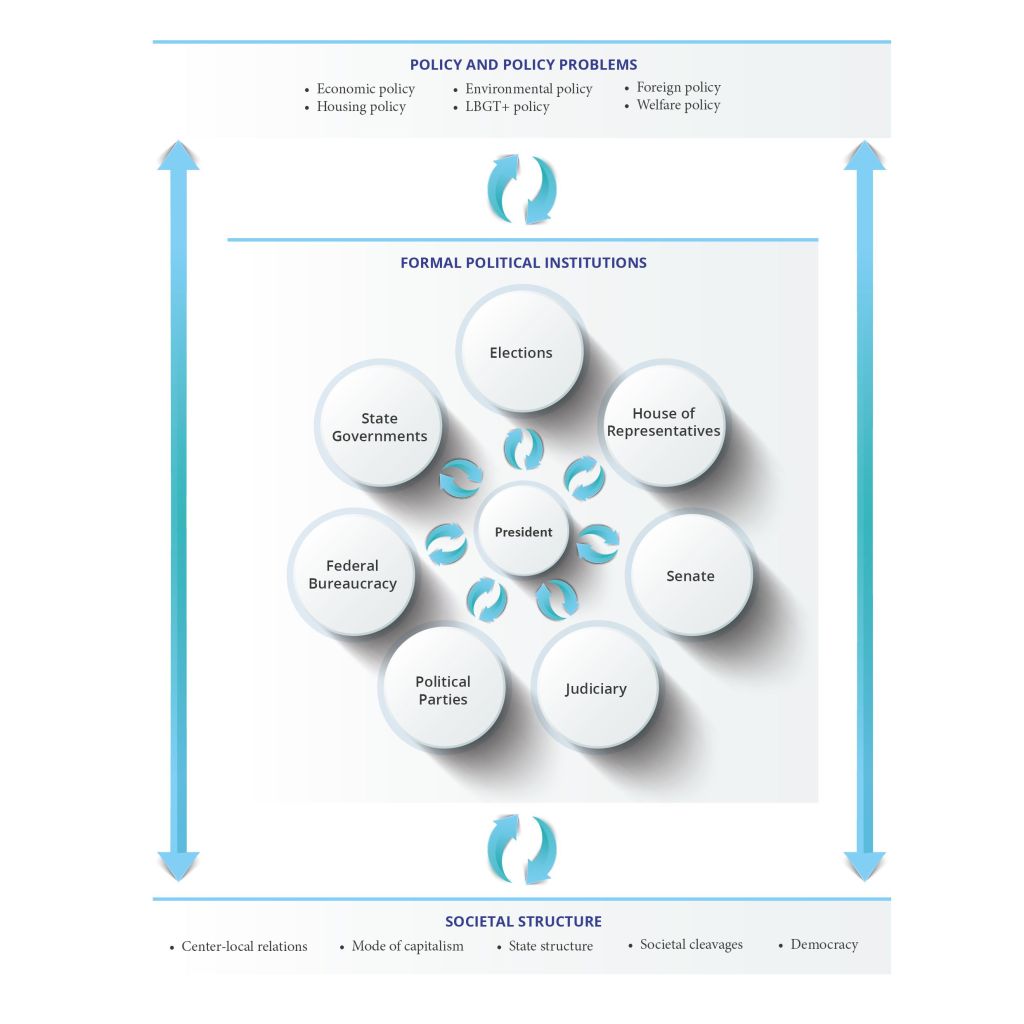
Political conscience: a layered approach
A layered approach to identifying the policy impact of political leaders is helpful to capture the more multi-dimensional effects of leaders. Political leaders can have huge, but often undocumented effects across a wide range of policy areas. It is therefore helpful to examine their effects on societal structure, formal political institutions and then on particular policy problems/policy domains.
Political cunning: a Neo-Statecraft Approach
To assess leadership by political cunning, building on the work of Jim Bulpitt and Jim Buller, I have set out a neo-statecraft approach.
The framework assumes that leaders are predominantly interested in power and winning office. We can therefore assess them in terms of whether win elections and move their party towards office. To to this, they need to succeed the following:
- developing a winning electoral strategy
- developing a sense of governing competence
- party management
- political argument hegemony (winning the ‘battle of ideas’)
- bending the rules of the game (managing the constitution to increase their chances of successful statecraft)
Of course, for some leaders this will be easier than others. The governing context in which leaders find themselves is therefore important.
Testing the theory in conversation with leaders
Is neo-statecraft how politics really works? Interviews were undertaken with leaders themselves and in an article in the British Journal of Politics and International Relations, the limitations of the theory were set out.
Some of the interviews, such as with Tony Blair were serialised in national newspapers.
Neo-Statecraft as a theory of policy change
Neo-statecraft also provides a useful theory for understanding policy change, that fits in the tradition of historical institutionalism. The advantage of the theory is that brings back into focus the importance of elite executive politics in shaping policy.
British Labour, Conservative and Liberal Party Leaders
Co-edited volumes on British Labour Leaders, British Conservative Leaders and British Liberal Leaders assess the leaders of each parties since the birth of the parties, broadly using the approach.
Key publications:
- (eds) (2022) The Trump Administration: The President’s Legacy Within and Beyond America (Routledge: London and New York).
- (2021) ‘The effects of Donald Trump‘, Policy Studies, 42(5/6), p.755-69
- (2021) ‘ Assessing the Policy Effects of Political Leaders: a Layered Framework‘, Policy Studies, 42(5/6), p.437-454.
- (2018) ‘Political Leadership as Statecraft? Aligning Theory with Praxis in Conversation with British Party Leaders’, British Journal of Politics and International Relations, 20(3), pp. 555–572.
- (2016) ‘Neo-Statecraft Theory, Historical Institutionalism and Institutional Change’, Government and Opposition, 51(1) 84-110.
- (eds) (2015) British Labour Leaders, Biteback: London, with Charles Clarke.
- (eds) (2015) British Conservative Leaders, Biteback: London, with Charles Clarke, Tim Bale and Patrick Diamond.
- (2015) ‘Integrating Structural Context into the Assessment of Political Leadership: Realism, Gordon Brown and the Great Financial Crisis’, Parliamentary Affairs, 68(1), 77-96, with Jim Buller.
- (2012) ‘Statecraft and the Assessment of National Political Leaders: the Case of New Labour and Tony Blair’, British Journal of Politics and International Relations (with Jim Buller), 14(4), 534-555.
